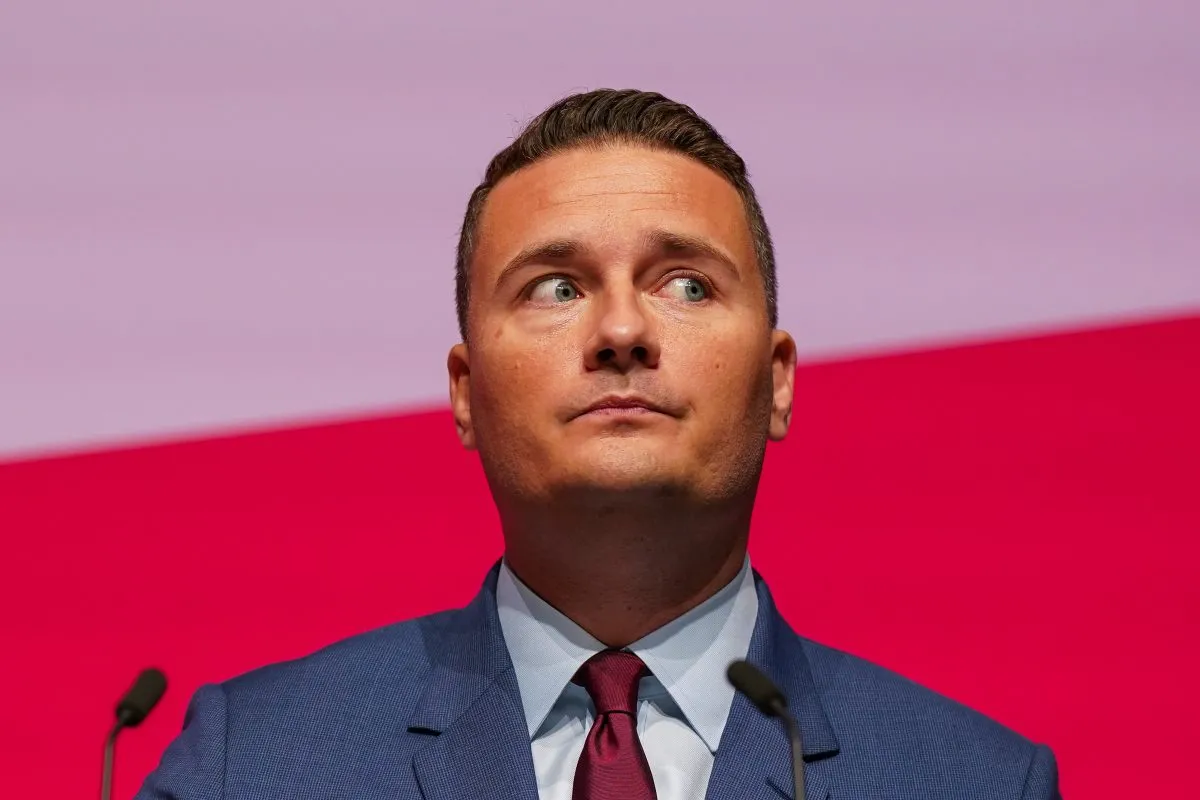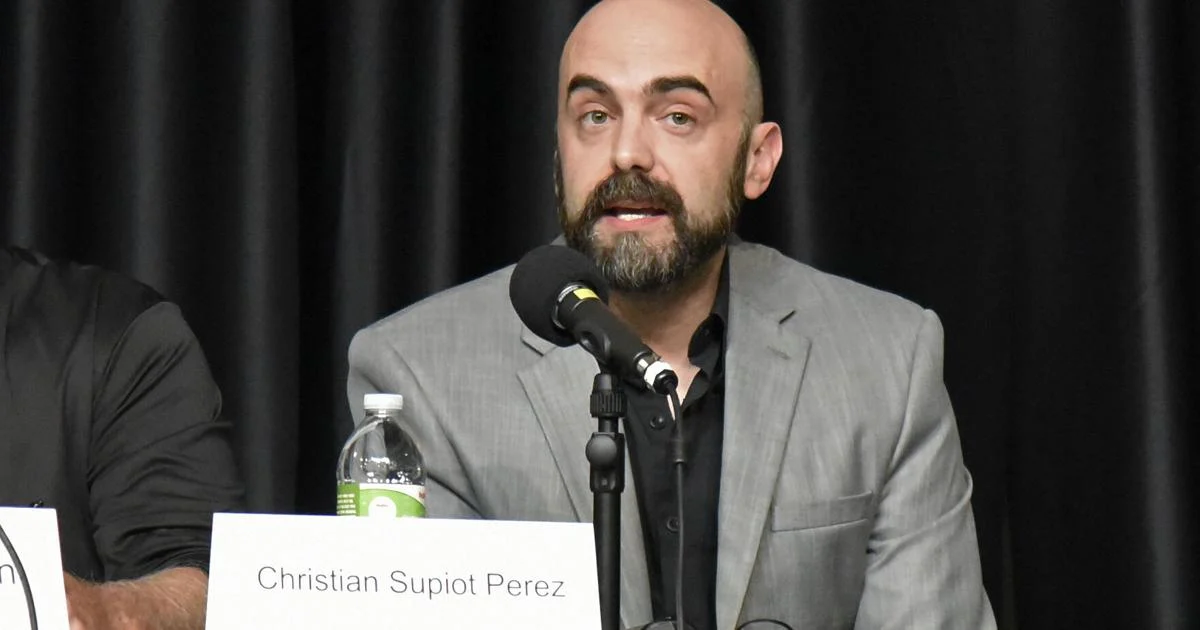Copyright thezimbabwemail

DOHA — Zimbabwe has cut its national poverty rate by nearly half since 1995 and is leveraging that progress to court investment and development partnerships under its Vision 2030 growth agenda, President Emmerson Mnangagwa told global leaders at the Second World Summit for Social Development in Qatar. According to the President, the country’s poverty rate declined from 62 percent in 1995 to 38.3 percent in 2019, while primary school enrolment rose to 88 percent, demonstrating steady gains in human capital and social welfare. “These outcomes reflect a deliberate policy direction anchored in our Constitution and implemented through Vision 2030 and the National Development Strategy,” Mnangagwa said. “We have prioritised social justice, economic empowerment, and national development grounded in equality and inclusivity.” Smart Agriculture and Food Security Drive Growth Mnangagwa attributed part of Zimbabwe’s resilience to investments in climate-smart agriculture, which have enabled the country to achieve wheat self-sufficiency and consistent surpluses in tobacco and maize production. He said agricultural modernisation — particularly irrigation infrastructure and mechanisation — has not only stabilised rural livelihoods but also generated new export earnings. “These programmes have enhanced our food security and reduced dependency on imports,” the President said. The Government is also digitising social registries to improve transparency in welfare distribution and ensure effective targeting of vulnerable households under the Basic Education Assistance Module (BEAM) and Health Assistance Fund. Reform, Resilience and Global Finance Despite economic progress, Mnangagwa said Zimbabwe’s growth trajectory remains hampered by restricted access to international capital, climate-induced shocks, and the persistence of unilateral sanctions. He called for the reform of the global financial architecture, arguing that developing nations require fairer access to concessional finance and debt relief to accelerate the Sustainable Development Goals (SDGs). “Zimbabwe supports the Seville Commitment on Financing for Development, which calls for equity, inclusion, and a restructured international financial system,” Mnangagwa said. Analysts say Zimbabwe’s position aligns with a growing consensus among developing economies that the current debt and financing framework disproportionately penalises nations with structural vulnerabilities and limited fiscal space. Employment and Private Sector-Led Development Mnangagwa also highlighted the role of enterprise development and job creation in shaping Zimbabwe’s long-term growth outlook. Through the National Employment Policy Framework and Decent Work Country Programme, the Government has encouraged public-private partnerships, vocational training, and SME growth to stimulate employment. Recent labour data shows unemployment at 20.5 percent, down from over 30 percent in the mid-1990s, while reforms to the Labour Act are expected to align the job market with international standards and improve labour productivity. Zimbabwe participates in the ILO Global Accelerator on Jobs and Social Protection for Just Transitions, which supports youth employment, green innovation, and women’s economic empowerment — key pillars of Vision 2030. Gender Inclusion and Innovation Economy Mnangagwa reaffirmed that gender equality, entrepreneurship, and innovation are central to Zimbabwe’s growth strategy. He cited initiatives such as the Women’s Bank and Youth Empowerment Bank, which offer concessional financing to promote enterprise and inclusion, and the Education 5.0 model, which links academia with industrial innovation. “Through Education 5.0, we are creating an innovation-driven economy where knowledge translates directly into productivity and job creation,” he said. Bilateral Engagements and Investment Outlook On the sidelines of the summit, Mnangagwa held talks with Qatari Prime Minister Sheikh Mohammed bin Abdulrahman Al Thani on potential partnerships in energy, infrastructure, and agriculture — sectors the Government has earmarked for foreign direct investment under the National Development Strategy 2 (NDS2). Zimbabwe’s renewed engagement with Gulf investors comes as the country seeks to diversify its export markets and attract capital into mining, renewable energy, and logistics. Economists say the Doha summit offers Zimbabwe a platform to reposition itself as a reform-minded emerging market advocating for inclusive global finance and regional investment integration. Outlook: Reform, Inclusion, and Economic Sovereignty Mnangagwa concluded his address by calling for a global development order that recognises Africa’s structural constraints and promotes equitable trade and investment flows. “Development is not a privilege — it is a universal right,” he said. “Zimbabwe remains committed to inclusive growth, sustainable development, and regional cooperation.” Analysts view the President’s remarks as an effort to position Zimbabwe as both a reliable partner in international cooperation and a sovereign actor pushing for fairer access to finance and markets.



